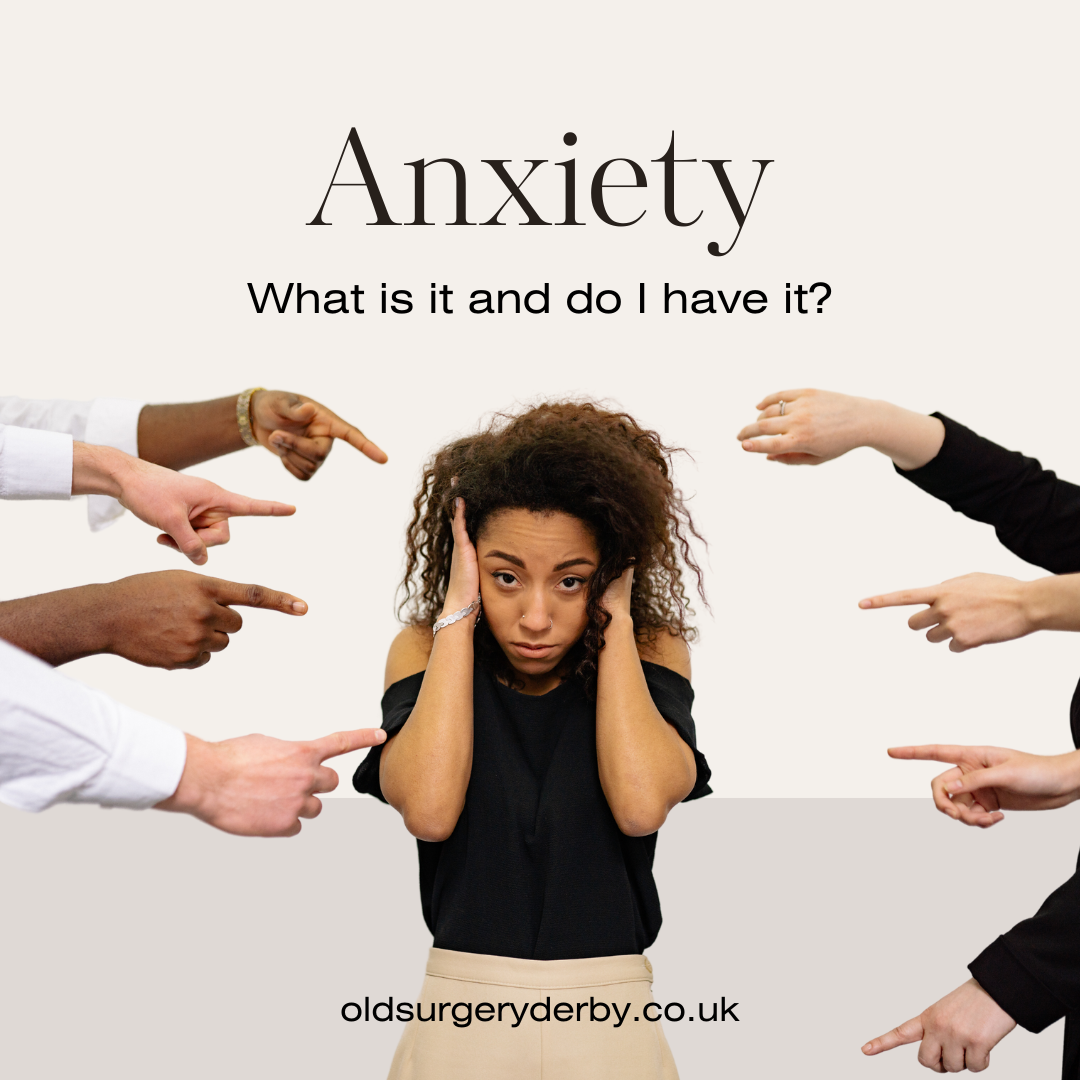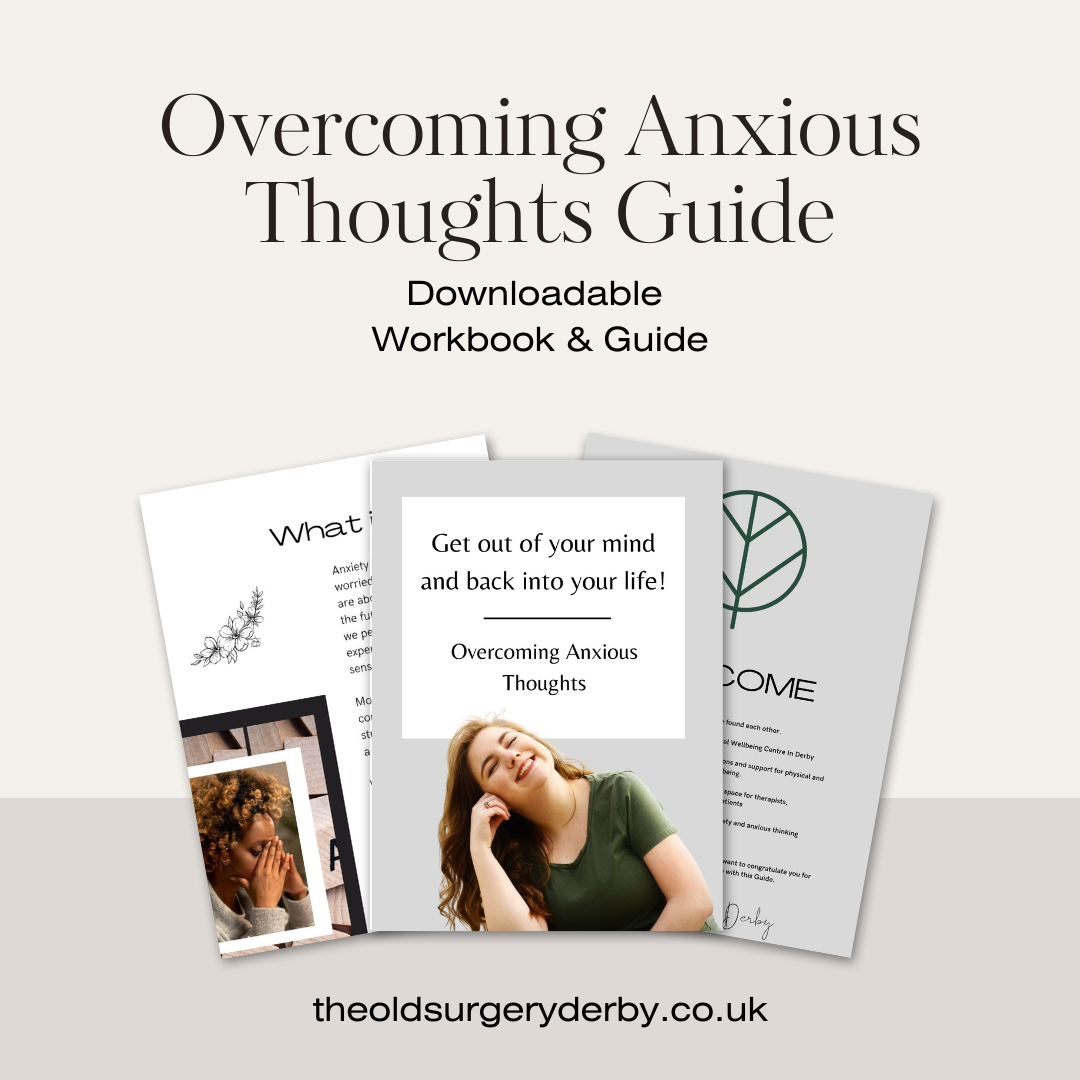Everything you need to know about EMDR Therapy
Everything you need to know about EMDR therapy and who needs it…
EMDR stands for Eye Movement Desensitisation and Reprocessing, it is a form of psychotherapy which is taking the trauma treatment work by storm.
In multiple trials and studies, EMDR has been more successful than CBT, Psychodynamic and some Medicated approaches to treat trauma and disturbing events, PTSD.
One study reported that 100% of single-trauma victims and 77% of multiple-trauma victims no longer had PTSD after a mean of six 50-minute EMDR therapy sessions
In the realm of mental health, traditional therapies have long been the cornerstone of treatment for trauma and adverse life experiences. However, Eye Movement Desensitisation and Reprocessing (EMDR) is reshaping the landscape. This guide aims to provide you with a comprehensive understanding of EMDR therapy - from its core principles and methodology to the diverse range of individuals it can benefit.
What is EMDR Therapy?
Eye Movement Desensitisation and Reprocessing (EMDR) therapy is a groundbreaking form of psychotherapy that centres on the reprocessing of distressing memories. Unlike conventional talk therapies, EMDR employs bilateral stimulation, typically through guided eye movements, to facilitate the reprocessing of traumatic events.
How Does EMDR Therapy Operate?
At the heart of EMDR therapy lies the Adaptive Information Processing (AIP) model. This model posits that unprocessed memories contribute significantly to various mental health issues. EMDR seeks to guide individuals in reprocessing these memories, transforming them from sources of distress into wellsprings of strength and resilience.
The Eight Phases of EMDR Therapy:
History Taking: This phase involves gathering essential information about an individual's background, helping to identify suitable targets for processing.
Preparation: Preparing the individual for the processing phase, this step involves educating them about the therapy process and what to expect.
Assessment: Here, the focus is on accessing the target memory by identifying key elements such as images, beliefs, emotions, and physical sensations associated with the memory.
Desensitisation: The memory is processed until it no longer elicits distress, often involving bilateral stimulation techniques.
Installation: This phase strengthens positive beliefs associated with the reprocessed memory, reinforcing its adaptive qualities.
Body Scan: Addressing any residual physical sensations linked to the memory, ensuring that no lingering discomfort remains.
Closure: This phase ensures the individual is in a stable emotional state before concluding the session, providing a sense of resolution.
Reassessment: The final step involves evaluating the therapeutic outcomes and assessing how well the reprocessed memory has integrated into the individual's overall mental landscape.
Who Can Benefit from EMDR Therapy?
The versatility of EMDR therapy renders it effective for a broad spectrum of mental health challenges, including:
Post-Traumatic Stress Disorder (PTSD): EMDR therapy has demonstrated remarkable effectiveness in treating PTSD stemming from traumatic events.
Anxiety and Panic Disorders: By reprocessing triggering memories, EMDR therapy can alleviate symptoms of anxiety and panic.
Depression: For individuals whose depression is linked to adverse life experiences, EMDR therapy can provide substantial relief.
Phobias and Fears: Specific phobias and irrational fears can be addressed through targeted memory reprocessing.
Grief and Loss: EMDR therapy helps individuals process the loss of a loved one, reducing distressing intrusive memories associated with their passing.
Chronic Pain and Somatic Symptoms: EMDR therapy has shown great promise in alleviating chronic pain and the associated somatic symptoms.
What Sets EMDR Therapy Apart?
EMDR therapy distinguishes itself in several key ways:
Swift Results: EMDR therapy often leads to quicker improvements compared to traditional talk therapies, offering a more immediate path to healing.
Minimal Homework: Unlike some other therapies, EMDR therapy doesn't require extensive homework assignments, reducing the burden on individuals.
Non-Disclosure of Details: Individuals undergoing EMDR therapy are not compelled to delve into the intricate details of the traumatic event, providing a less intimidating approach to healing.
Conclusion:
EMDR therapy stands as a monumental leap forward in trauma recovery and mental health treatment. Its capacity to swiftly reprocess distressing memories holds the promise of hope and healing for those grappling with the aftermath of trauma. If you or someone you know is contending with the effects of adverse life experiences, considering EMDR therapy as a potent tool on the journey to healing and resilience is a significant step. Remember, there is always hope for a brighter, more empowered future.
To book a consultation with Michelle Ede Therapy In Person Or Via Zoom
What are anxious thoughts and do I have them?
What is Anxiety and Anxious Thoughts?
And do I have them?
In this blog we find out what Anxiety is and what we can do if we have it….
Anxiety is something we hear of almost every day now, and thanks to the global pandemic it has increased significantly. It's now suggested that over 1 in 4 people will experience a mental health disorder each year in the UK.
Many people suffer from anxiety and anxious thoughts and don’t realise what it is and adapt their lives and daily activities to avoid ‘triggers’ (things that trigger the symptoms)
Adapting your life to fit around your anxiety and anxious thoughts can be exhausting and in the long term can result in your life becoming more and more restricted.
So what is Anxiety?
Anxiety is a feeling of worry or fear, you could just feel uneasy. Often People will keep worrying about the future and things that ‘might’ happen. It can also be when you keep looking back on the past and worrying about how things were perceived.
What are the Symptoms Of Anxiety?
If you are feeling anxious it can cause physical symptoms such as
Breathlessness
Feeling faint or dizzy
Racing heartbeat
Sweating
What are the Treatments for Anxiety?
There are lots of things that can help with anxiety
Getting enough sleep
Speaking to friends and family about your thoughts
Exercise
Relaxation techniques such as meditation
Speaking with a Mental Healthcare Practitioner or Therapist
To view our trained professionals click here, We offer mental health services for both Adults and Children in Derby and Derbyshire in person and Via Zoom. We have both a Clinical Psychologist and a Mental Health Practitioner offering EMDR and CBT Therapy
What can I do at home to help with Anxiety?
The most important thing is to not let your anxiety take over.
Try not to avoid things that trigger your symptoms
Avoid alcohol and substances
Create a healthy routine to ensure your body isn’t running on high alert
Reduce caffeine intake
Eat a balanced diet and improve gut health
Get outside for walks in nature
Start Journaling
Try the ‘Overcoming Anxiety Guide’
Can you stop having Anxiety?
Absolutely! I personally struggled with anxiety and would have over 70 panic attacks a day!
They started in my childhood and I was unsure what they were and peaked in my mid 20’s. After having my first child in my 30’s I decided to speak help as I’d tried lots of self-help books and various therapists. With each new thing I tried I saw improvement.
My own personal success was with EMDR therapy. That’s what finally got to the bottom of it all and got rid of those last flutters of anxiety. That’s just my own personal experience BUT the main thing is that it is possible to live a life without Anxiety or Anxious thoughts and you just have to be open to trying things and seeking help.
I am so passionate about mental health and how physical health is entwined. I founded The Old Surgery Emotional + Physical Wellbeing Centre to make a huge variety of services available in one place to encourage a more joined-up approach to health and wellbeing.
I hope you have found this blog post useful
Self-Help Books… do they really work?
Do self-help books work? What are they good for and should I be reading one?
Our top 5 self-help books to deal with Love, Life, Relationships, Greif, Loss, Phobias, Fear, Stress and Anxiety.
You might be wondering who reads self-help books and who are they for? If you’ve already started your personal growth journey you might be wanting to know what self-help book shall I read next, or which self-help books are good for anxiety, stress or relationships?
I am one of those people with a shelf full of self-help books and a building read list on Audible.
But what is it about self-help books that’s got us hooked?
My love affair with personal development started in my teens, I was always looking for a way to grow and progress so a book that taught you how to do something or helped you change your perspective was magnetic to me.
I can't stand the feeling of hopelessness in any situation so being able to go and read or listen to a book about how to potentially fix a situation or problem helps me gain some control over the situation again. The moment it arrives through the letterbox or I see it downloading on my phone I feel a sense of calmness and satisfaction that I am actually DOING SOMETHING to change where I am and how I feel about something.
Being an over-thinker, I can ponder and agonise about things all night and all week if I get myself worked up about something but there’s something about taking that small step of action that stops the whirring of thoughts whizzing around my mind. (I have improved with age, therapy and more books!)
I have books on business, anxiety, psychology, babies, organisation, finding your power you name it's on my bookshelf!
But do I think it ACTUALLY helps???
The simple answer for me is YES, I do.
I think that sometimes we are too ‘in’ a situation to have clarity and see the best step forward and instead of going around all of your friends seeking their untrained opinion why not read a book by an expert? Someone you admire and has had the results you want or are in the situation you want to be.
Get it straight from the horse's mouth!
Now I’m not saying that you should hang on to every word, but I do think I can help you see an outside perspective to help you reflect on a situation and gain better insight and add some skills to your toolbox of strategies and coping mechanisms. It can help you feel to make you better equipt when problems arise.
After all, life is just a series of problems we have to overcome in order to grow as M. Scott Peck said in The Road Less Travelled
If you are expecting to get through life without a single hic-up then you will be disappointed. he goes on to add that only through pain can we experience growth, but it's how we tackle the problems that define us and determined the outcome. Great book!
Self-help books can be a relatively inexpensive way to gain more knowledge and challenge your beliefs and current life patterns.
Whilst I am an avid self-help book reader, it is no match for a therapist. If you are experiencing Anxiety, Loss, Anger, Frustration etc and are unable to move forwards in your life please click here to read more about our therapists and their services.
Here are a few books below to get you started
The Road Less Travelled By M. Scott Peck
A great self-help book for how to live, love and parent
The Anxiety and Phobia Workbook By Edmund J. Bourne, Ph.D
A great self-help book for dealing with generalized anxiety disorder, social anxiety, specific phobias, panic attacks, obsessive-compulsive disorder, and other anxiety-related issues.
The Stress-Proof Brain By Melanie Greenberg, PhD
A great self-help book to help you put a stop to unhealthy responses to stress—such as avoidance, tunnel vision, negative thinking, self-criticism, fixed mindset, and fear. Powerful, comprehensive tools based in mindfulness, neuroscience, and positive psychology.
The Highly Sensitive Person: How to Survive and Thrive When The World Overwhelms You By Elaine N. Aron, Ph.D
A great self-help book to help readers to identify their highly sensitive traits and to make the most of them. The book helps to 'reframe' past events, such as a difficult childhood, or how they see themselves – ie. shy. Useful for those raising a sensitive child.
I Wasn't Ready to Say Goodbye: Surviving, Coping and Healing After the Sudden Death of a Loved One
By Brook Noel & Pamela D Blair PhD
A great self-help book to help with grief and bereavement. The grief book that just "gets it." Whether you're grieving the sudden loss of a loved one or helping someone else through their grief, I Wasn't Ready to Say Goodbye offers a comforting hand to help guide you through the grieving process, from the first few weeks to the longer-term emotional and physical effects.
If you are looking for help with Anxiety try our downloadable guide







